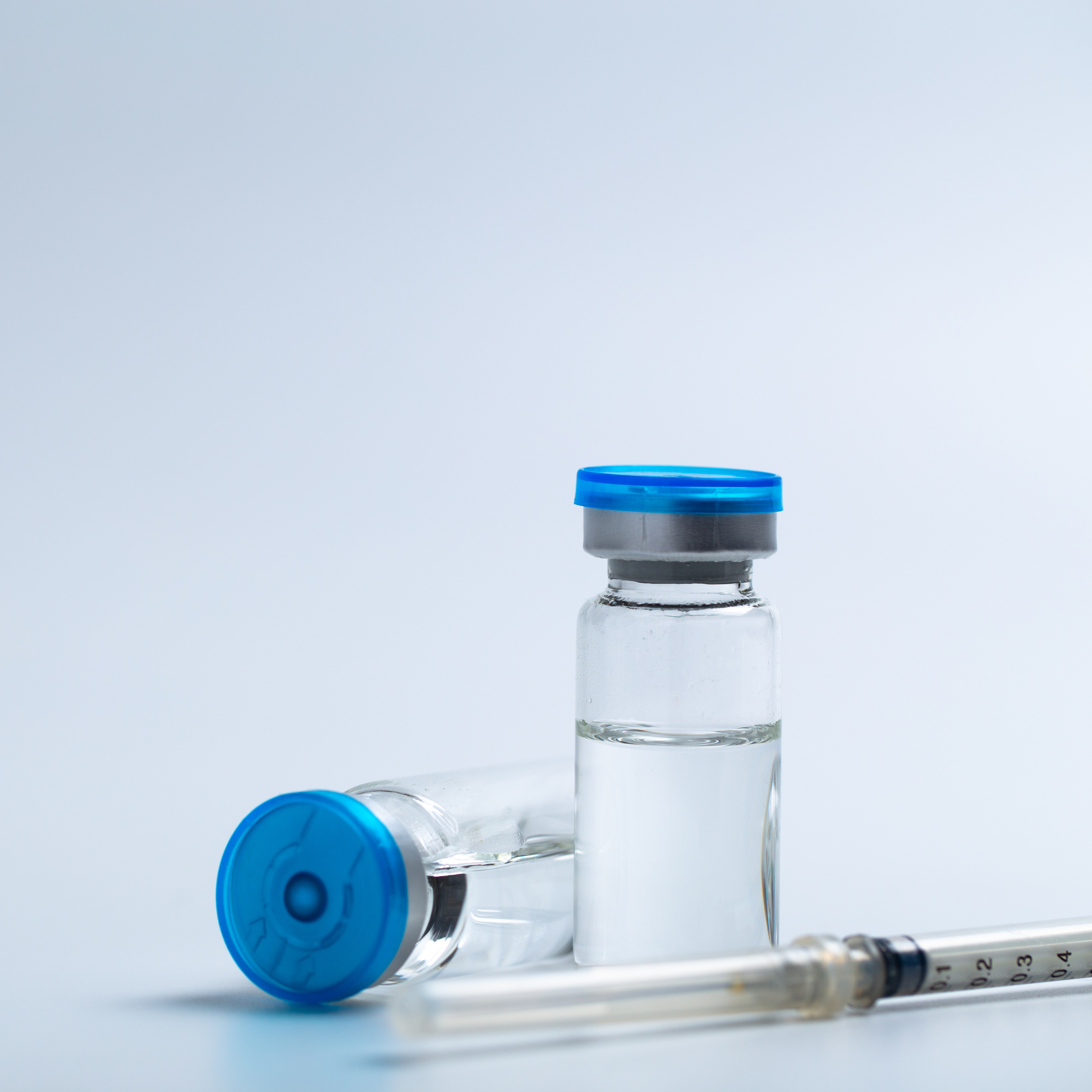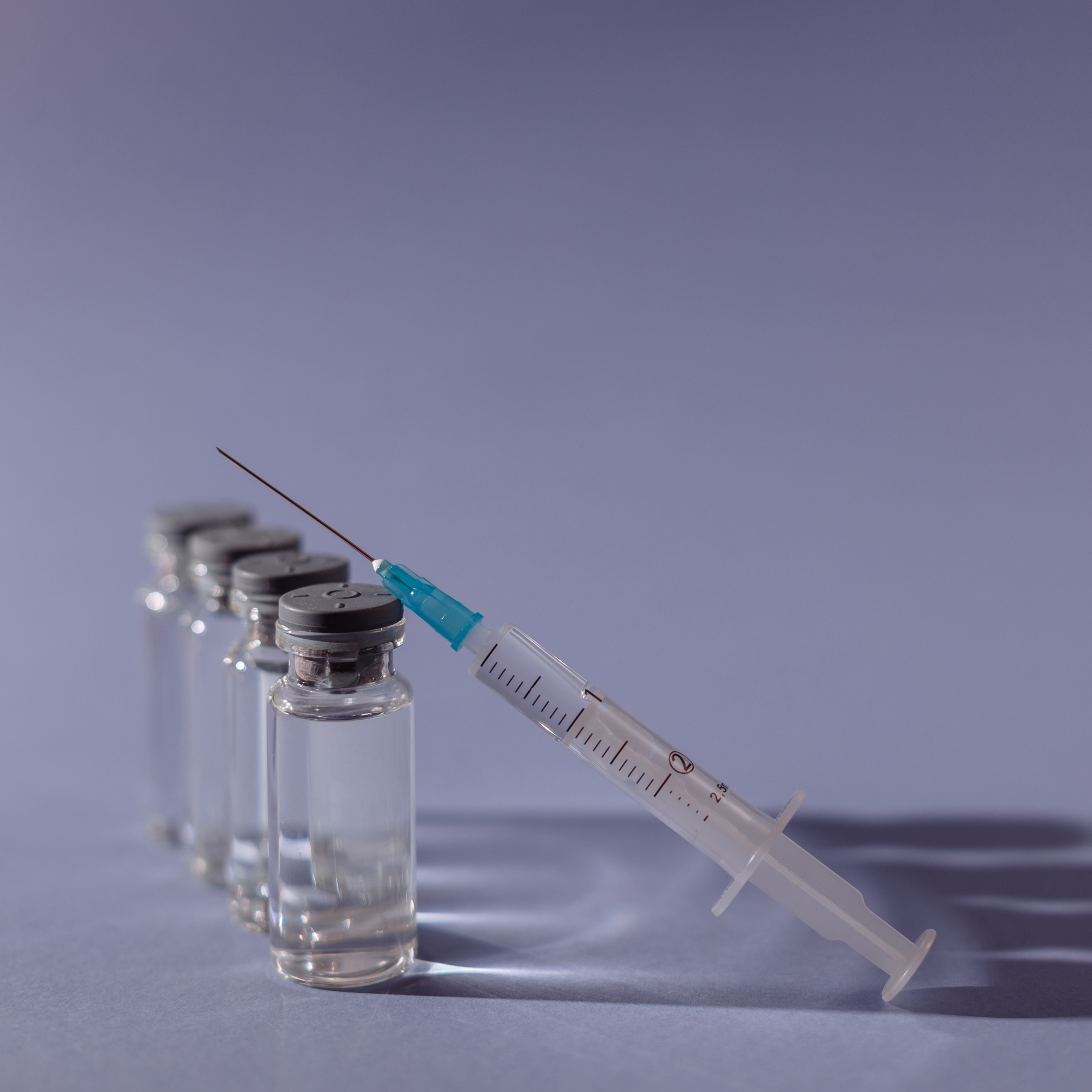
Urinary Tract Infections (UTIs) are common and can affect people of all ages and genders. These pesky infections occur when bacteria enter the urinary tract, leading to discomfort and potential complications if left untreated. Knowing the first signs of a UTI is essential for early detection and prompt treatment. In this article, we'll explore the initial symptoms that may indicate a UTI, and provide guidance on what to do if you suspect you have one.
One of the hallmark signs of a UTI is a sudden and persistent urge to urinate, even when the bladder is not full. This frequent urge may be accompanied by pain or a burning sensation during urination. You might find yourself making multiple trips to the restroom with little relief.
Healthy urine is typically pale yellow and clear. However, a UTI can cause changes in the appearance and odor of urine. If you notice your urine becoming cloudy, pinkish (indicating the presence of blood), or emitting a strong, unpleasant odor, it could be a sign of infection.
Some individuals with a UTI may experience mild to moderate pelvic pain or discomfort. This pain can be felt in the lower abdomen or lower back area and may persist throughout the day.
UTIs can cause a general feeling of fatigue and malaise. You might find yourself feeling more tired than usual, lacking energy, or experiencing a mild fever. These symptoms can indicate that your body is fighting off an infection.
In some cases, a UTI can lead to temporary incontinence or difficulty emptying the bladder completely. You might feel like you need to urinate constantly, but only a small amount of urine is released each time.
If the infection spreads to the kidneys or upper urinary tract, you may experience more severe symptoms, including a high fever, chills, and back pain. This situation requires immediate medical attention.
If you notice any of the first signs of a UTI, it is essential to take action promptly. Ignoring the symptoms or hoping they will go away on their own can lead to complications and discomfort. Here's what you should do:
Drink plenty of water to help flush out bacteria from your urinary tract. Staying hydrated can also dilute the urine and reduce discomfort during urination.
If you suspect you have a UTI, reach out to your healthcare provider as soon as possible. They will likely ask about your symptoms and may request a urine sample for testing.
If your healthcare provider confirms that you have a UTI, they will prescribe appropriate antibiotics to clear the infection. It is crucial to take the full course of medication as prescribed, even if you start feeling better before it's finished.
During a UTI, it's best to avoid substances that can irritate the bladder, such as caffeine, alcohol, spicy foods, and acidic beverages.
Maintain proper hygiene by wiping from front to back after using the restroom. This helps prevent bacteria from entering the urethra.
While UTIs can be uncomfortable, there are steps you can take to reduce your risk of getting one:
- Stay well-hydrated to promote regular urination and flush out bacteria.
- Urinate when you feel the need to avoid holding it in for prolonged periods.
- Always practice good hygiene, especially after using the restroom or engaging in sexual activity.
- Choose cotton underwear and avoid tight-fitting clothing that can trap moisture and create a breeding ground for bacteria.
- Avoid using irritating feminine hygiene products like douches, sprays, or powders.
Recognizing the first signs of a UTI is crucial for timely intervention and effective treatment. If you are experiencing a UTI, Admired can help treat you quickly without hard-to-get doctor appointments and busy waiting rooms. Quickly pick up your prescription at your local pharmacy and get back to being you again. Start your free online UTI consultation today!
Thanks for reading,
Your Admired Team
















